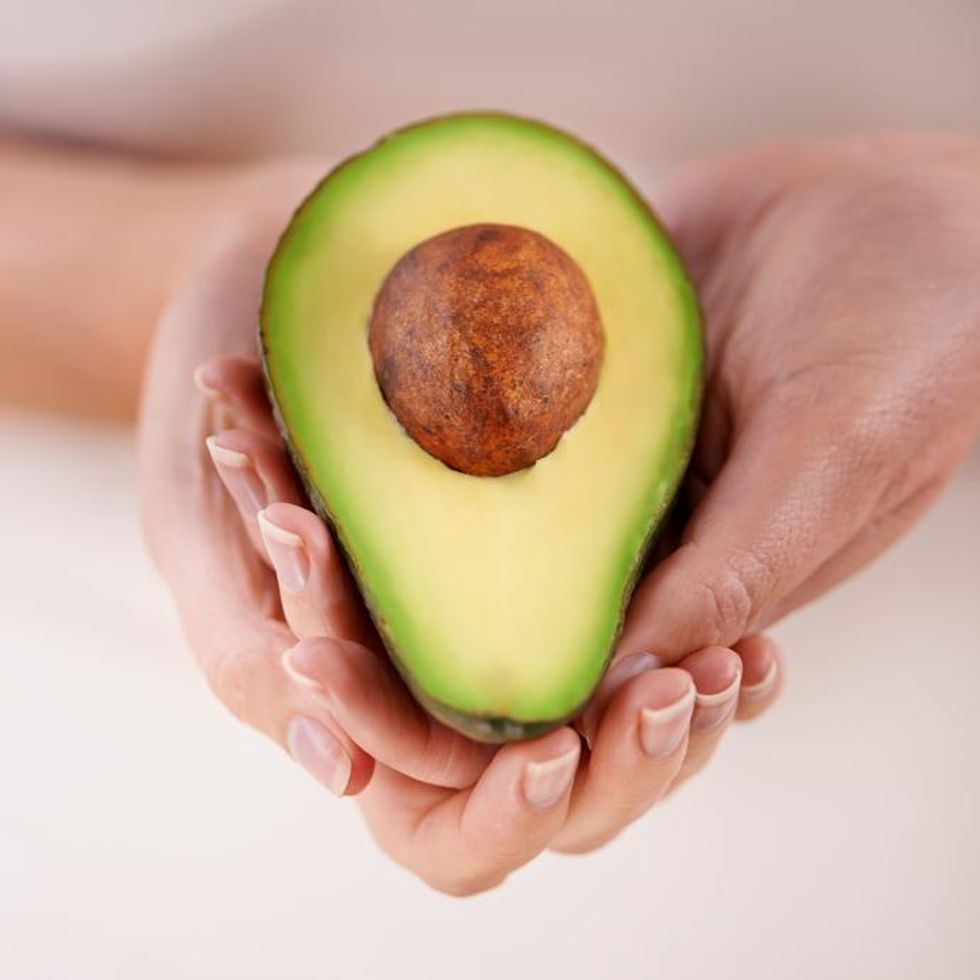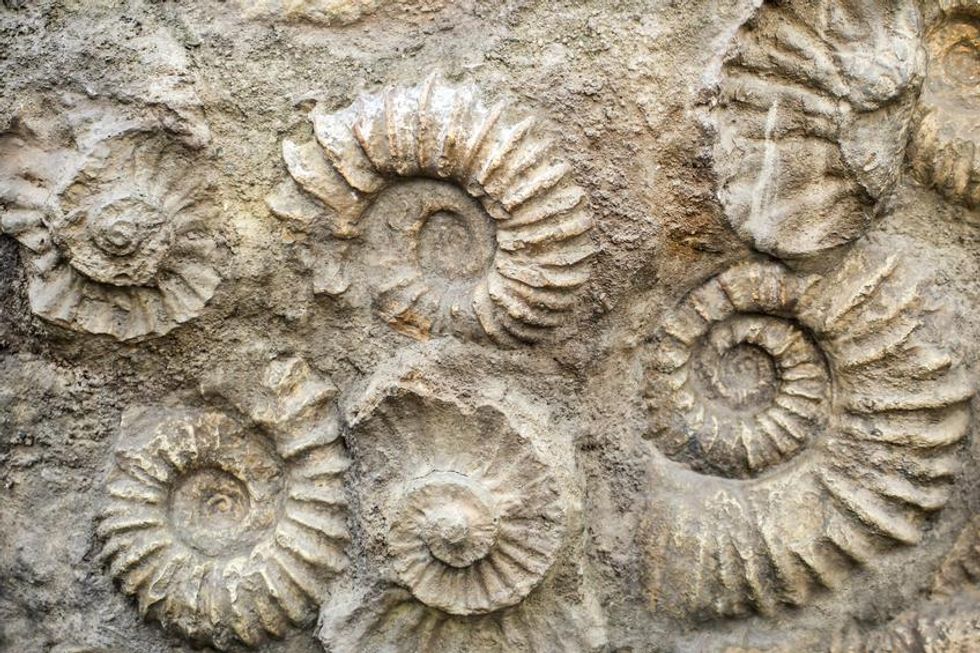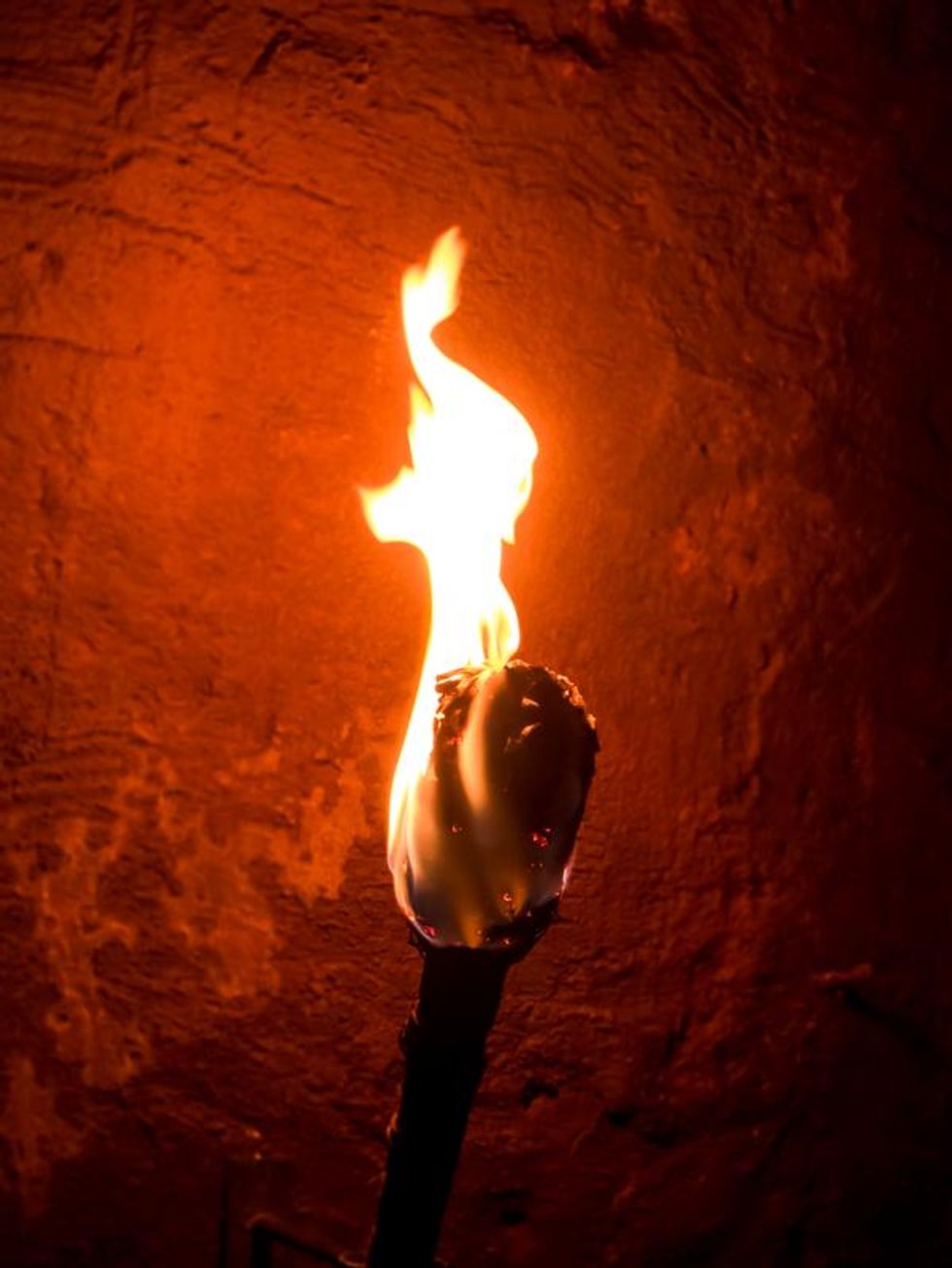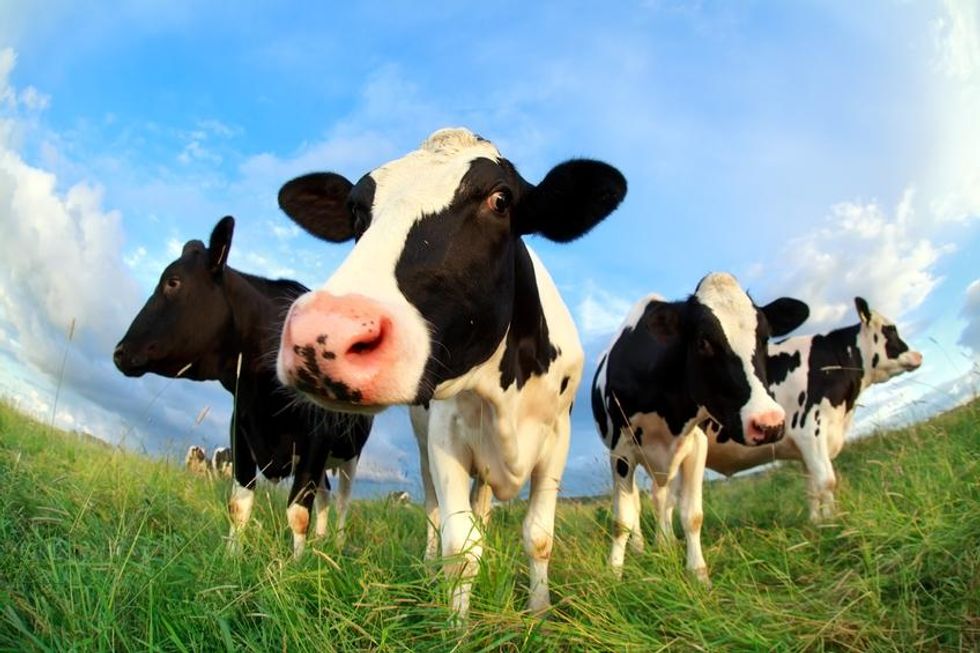News
Joe Vesey-Byrne
Jul 21, 2016

Picture: urfinguss/iStock
'Hector loved Words! Hector loved language!'
Where words come from is always interesting, so use this list of 26 to expand your capacity to peer over your glasses and end the sentence 'I think you'll find...'
You'll be a hit during the cocktail hour with these etymologies and fun-facts compiled by indy100.
Avocado
This means testicle. No really. It's from the Aztecan word 'ahuakatl' which has a secondary meaning of testicle, not dissimilar to the word 'plums' in England.
Berserk
'A warrior clothed in Bearskin', most likely from the Old Norse 'Ber' meaning Bear and 'Serker' meaning warrior.
Cache
This comes from French-Canadian trappers slang in the 1790s, meaning 'hiding place'. Cache is a back-formation from the French verb 'cacher' meaning 'to hide or conceal'. So that's where all your internet information gets stored, in the cache.
Daisy
Daisy is from Old English, meaning "Day's eye" because of the way the flower opens and closes with the sunrise and sunset.
Eavesdropping
Meaning to listen in, this word comes from back when houses had 'eaves' in the roof from which someone could hang, and listen in to conversations happening below.
Fossil
'Anything dug up', from the French 'fossile' meaning 'dug up'.
Gulag
Gulag is actually an acronym of the Russian words: 'Гла́вное управле́ние лагере́й', which in the Latin alphabet is 'Glavnoye upravleniye lagerey'. It simply means 'The Main Administration', which itself was the short title of the Soviet labour camps.
Helicopter
Literally means spiral-wing, from the Greek 'helix' and 'pter' wing - think Ptero-dactyl ('wing-finger').
Islam
This word comes from the Arabic, and literally means 'submission (to the will of God)'. Along with Buddhism (meaning'the divine intellect'), it is the only major religion which is not named after a person or group of people.
Jog
From the Middle English 'shoggen', which means 'to shake up and down'. Apparently you just run, for an extended period of time.
Kaleidoscope
In three parts, this word from 1847 means 'observer of beautiful shapes'. 'Kalos' is a Greek word meaning beautiful, 'eidos' means shapes, and 'scope' is to see.
Levant
The Latin word 'levare' meaning 'to rise' was used in Middle French to describe the area of the Middle East which sits on the Mediterranean coast. This is because it was in the same direction from which the sun rose.
Meme
Richard Dawkins actually came up with this. In his book, The Selfish Gene Dawkins wanted a word that meant an imitator. He wrote this definition for his new word:
We need a name for the new replicator, a noun that conveys the idea of a unit of cultural transmission, or a unit of imitation. 'Mimeme' comes from a suitable Greek root, but I want a monosyllable that sounds a bit like 'gene'. I hope my classicist friends will forgive me if I abbreviate mimeme to meme. If it is any consolation, it could alternatively be thought of as being related to 'memory', or to the French word même. It should be pronounced to rhyme with 'cream'.
Noise
This comes the Latin word 'nausea', as in to make one feel sick, and came into use in the thirteenth century.
Ox-moron
The word Oxymoron is itself an Oxymoron. Oxy comes from the Greek for 'sharp' and moron from the word for 'dull'.
Pantry
From the French 'panterie' meaning, 'the bread room'. Also known as clearly the best room!
Quarry
As in the hunted prey. This is from the Anglo-French word 'quirreie', which was the name for the entrails of a deer given to a hunting dog as a reward.
Robot
This is from the Czech word 'Robotnik' which means 'slave'. It was first used in an English translation of a 1923 play by Karel Capek, but was popularised by sci-fi author Isaac Asimov.
Sabotage
This is disputed, but one theory argues that this comes the French word 'sabot', a name for a wooden shoe. Textile workers, made redundant by weaving machines, allegedly threw their shoes into the mechanism, as a form of a protest. Their destruction of the machine made them 'Saboteurs'.
Torch
This refers to the original material used on a burning torch, which was straw, or twisted straw, from the Old French 'torche'.
Utopia
This has two derivations. The first, 'eu-topos' is based on the Greek to mean the 'good place'. Its original use was 'u-topos' meaning the nowhere place. It was coined by Thomas More for the title of 1616 work Utopia.
Vaccination
The Vaccine was invented by Edward Jenner in 1796, when he injected test subjects with a small strand of cowpox, making them immune from the much deadlier smallpox. The word for his new medical procedure comes from the Latin 'Vaccinus' which means 'from cows'.
Waffle
The delicious lattice shaped treats are from multiple languages' version of the word meaning 'to weave', such as 'wefan' in Old English.
Xmas
Not just a hip version of Christmas, the use of 'X' as a short version is based on the Greek letter 'X', pronounced 'Chi' as in the first three letters of 'Christ'. A version of the abbreviation appears as early as 1100 in the Anglo-Saxon Chronicle.
Yule
This term for Christmas time comes from an old Norse word 'Yol', meaning a 'heathen feast'.
Zombie
This was originally the name of a West African snake god, who was associated with the reanimation of corpses in Voodoo. In the American State of Louisiana the word was also used to mean 'phantom ghost'.
More: 17 beautiful foreign words that have no English translation
More: 18 English words that mean very different things in Britain and America
Top 100
The Conversation (0)























